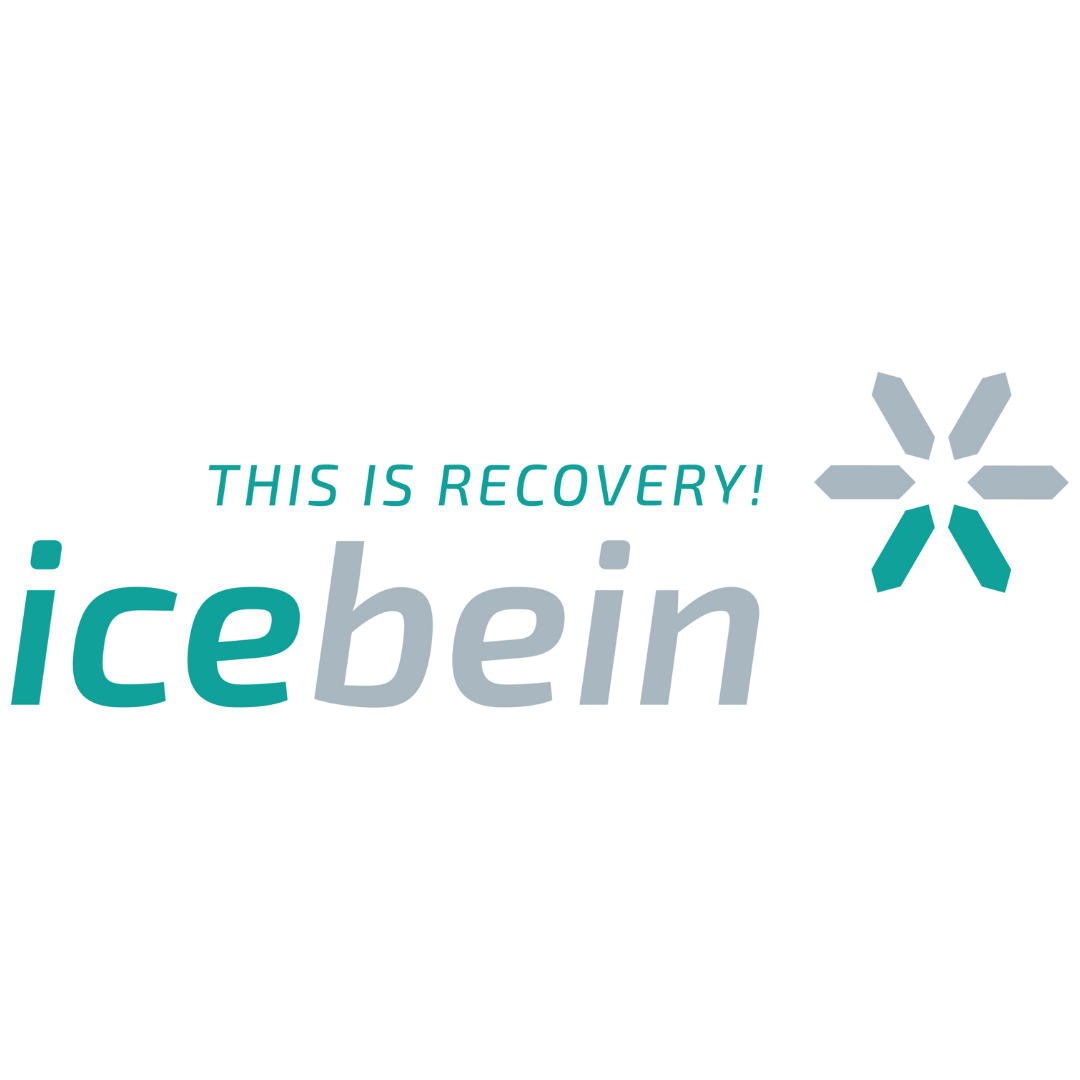Mischa Zverev is a former ATP world number 25. He is currently active at the tennis Bundesliga club Rochus Club Düsseldorf and is also the manager of Alexander Zverev. We asked him what his ultimate tips for regeneration in tennis are.

Definition of regeneration and its meaning at a glance
Question: Mischa, as a former ATP world number 25 and current coach of Sascha Zverev, you bring a wealth of experience with you. Why do you emphasize the importance of regeneration in tennis so much?
Mischa Zverev: Tennis is not just a game, it is a challenge for the whole body and mind. Regeneration is just as important as technique on the court. You can have the best shots, but if your body does not regenerate properly - that is, you are not fit for competitions - you will not be able to perform at your best in the long term.
Why regeneration is so important in tennis :
Question : Briefly define what regeneration in tennis means to you and why it is so important.
Mischa Zverev : It's simple: regeneration describes how effectively your body recovers after an intensive training session or a match. During sport, we constantly use energy - for every shot, every quick movement. The muscles, the nervous system, the entire body are challenged. The regeneration phases are crucial for repairing muscles, balancing the nervous system and replenishing energy reserves.
Question: And why is this especially important in tennis?
Mischa Zverev: Imagine you're on the court. Not only do you have to react quickly, but you also have to be highly concentrated in order to land the next perfect shot. All of this takes an enormous amount of energy. In order for the muscles to function optimally, they need time to recover. But not just the muscles - the nervous system also has to come into balance and the body has to replenish its energy reserves. This is crucial for long-term endurance and muscle building.
Supercompensation and regeneration phase:
Question: People often talk about supercompensation and the regeneration phase. Can you explain that to us in more detail?
Mischa Zverev: Of course. After an intensive training session or a match, the body is exhausted. Muscles are strained, energy reserves are depleted, the nervous system is irritated. Then the regeneration phase begins. Muscle fibers that had small tears during training repair themselves. The body replenishes its energy reserves and balances the nervous system. If regeneration is given enough time, the body's performance often exceeds the original level - this is called supercompensation. After recovery, you are stronger, faster and more resilient.
When training becomes too much …
Question: How do I know when I need to focus more on my recovery? This is often referred to as overtraining.
Mischa Zverev: Overtraining is a tricky subject. If you feel tired despite getting enough sleep, your athletic performance decreases, you have problems sleeping, unexplained muscle and joint pain, infections occur more frequently and you are constantly stressed - these are alarm signals. Your body is crying out for rest.
Protection against injuries. Why regeneration can protect against injuries:
Question: Why is adequate recovery so important to prevent injuries?
Mischa Zverev: Firstly, muscles need time to regenerate. A lack of recovery can lead to tension and injuries. Secondly, sufficient rest breaks protect joints and tendons from overload and injuries. And don't forget mental freshness - in tennis, concentration and attention are just as important as physical abilities. A lack of regeneration can lead to mental exhaustion and mistakes on the court.
These are Mischa’s tips for successful regeneration:
Question: Now for your tips for faster recovery. What are your ultimate strategies?
Mischa Zverev: If I had to break it down into tips that you can also apply straight away and that I have been practicing for a long time, then they would be the following:
- Sufficient sleep: A good night's sleep is crucial for muscle repair and central nervous system recovery.
- Warm up thoroughly before training: This helps prevent injuries and prepares the muscles for training.
- Gentle cooling down after training: Reduces muscle stiffness and promotes recovery.
- Cold treatment: Has an analgesic, anti-inflammatory, decongestant effect and accelerates recovery.
- Massages for muscle regeneration: Relieve muscle tension and improve blood circulation.
- Adequate fluid intake: Drink enough water to stay hydrated, which is important for recovery.
- Proper nutrition: A balanced diet with an adequate amount of proteins, carbohydrates and micronutrients supports regeneration and muscle repair.
Conclusion:
Question: Finally, Mischa, what would you like to say to our readers?
Mischa Zverev: A good balance between training and recovery is the key to successful tennis. You should be aware that regeneration is not an option, but a necessity in order to play at the highest level in the long term and to stay healthy. Remember that your body belongs to you, give it the care it deserves.


At a glance: This is what lies behind regeneration with icebein.